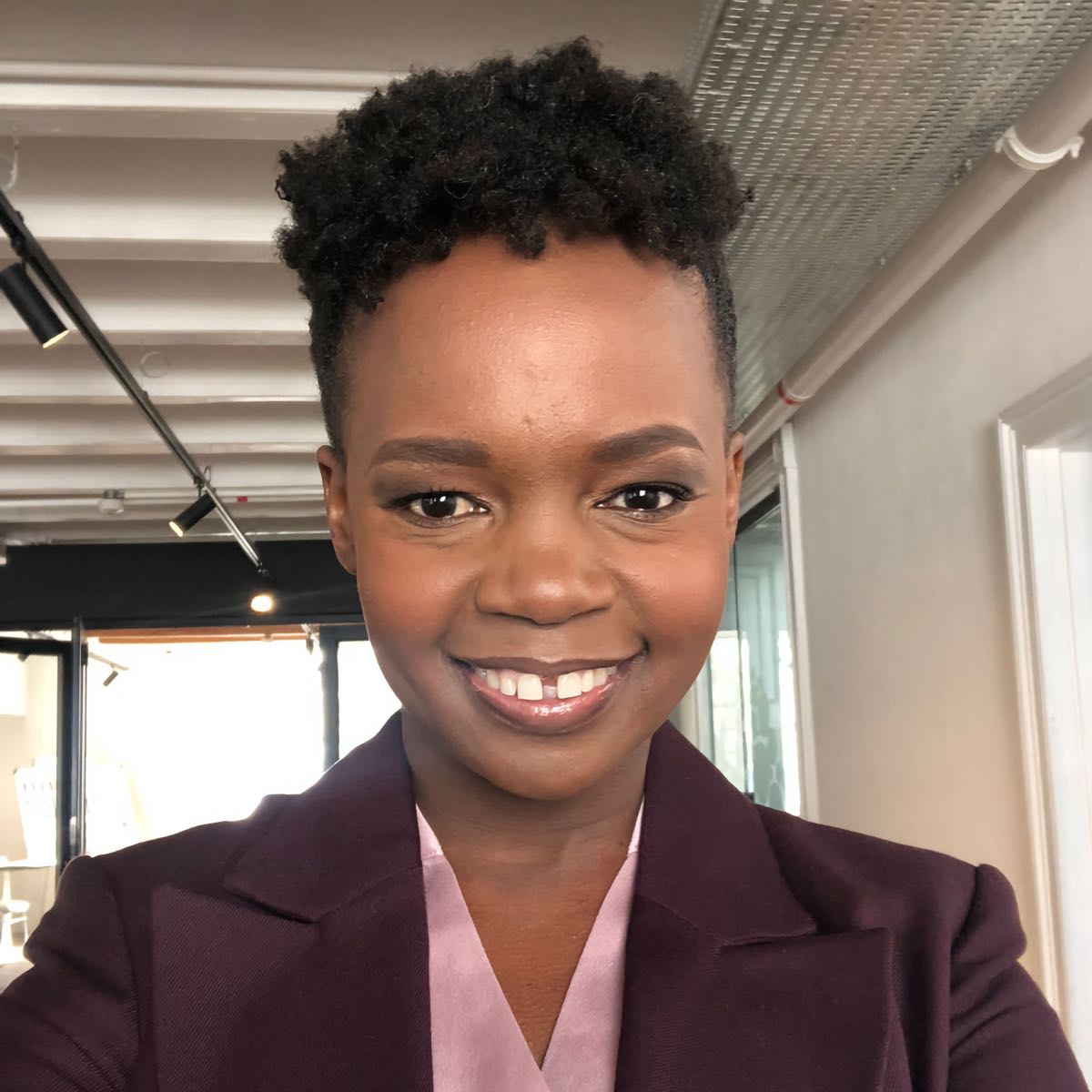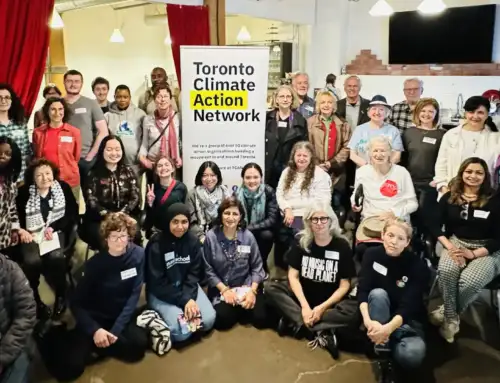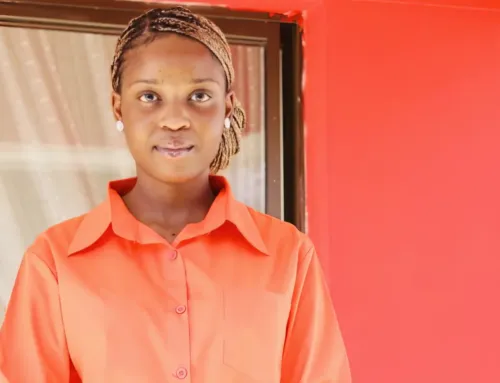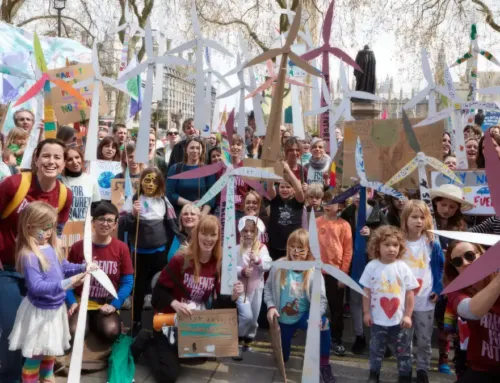STORIES
“We really are experiencing the brunt of climate change now”
Xoli Fuyani, South Africa
Xoli has been working with schools and intergenerational groups in South Africa on environmental awareness for over 10 years. She has worked in-depth with children from townships, inspiring them to live sustainability and supporting them to be climate activists. Xoli is the Climate Education Lead for the African Climate Alliance and the founder of Black Girls Rising. This year, she joined the Our Kids’ Climate core team, focusing on developing African-led narratives and member outreach. She is part of the Our Kids’ Climate and Parents For Future Global delegation of mothers attending COP27. In this piece, she talks about the situation in South Africa and how world leaders at COP27 can put #KidsFirst.
I’ve worked as an environment educator for more than a decade, so I’ve always been surrounded by kids. There’s a stark difference between the environment that they live in versus others. These kids are already marginalized, living in crowded settlements – they don’t have sanitation or electricity. It’s extreme poverty. There is a perception that people who live in townships really don’t care about the environment – but as I started talking to more people, I realized that it was not that they don’t care, they didn’t have the information to connect the dots.
Just recently, we experienced floods in one of our provinces in South Africa, and it was sad to see families being displaced and to see the greater impact on women. I noticed that families led by men were able to get the resources needed to rebuild much faster. Women led families are still displaced and their children can’t go to school. As a country, we say education is the key to success but if kids can’t go to school, what are we saying about their future?
And that’s why it’s very important that we occupy the spaces and we tell the stories so that we change the narrative. I know a community that works and lives near a coal mine. People have had to leave their jobs to care for their children who are sick, who can’t breathe because they can inhale only toxic air released from the mines. There have been so many deaths from lung cancer and respiratory disease but that’s not been highlighted as an impact of fossil fuels. It’s frustrating because you say you are generating electricity for the country but so many have no access to it. Who benefits from this economy?
Therefore, one of my goals is to name and shame the extractors because if we don’t confront the root cause then we’re really not doing any service to those who are affected. When natural disasters hit the marginalized communities, they are unable to cope because they are at the bottom of the bottom! We need to prioritise loss and damage because we can’t talk about adaptation if people don’t have the financial means to do so. Every time there’s a disaster, people are displaced, they lose their homes, their livelihoods. Our government has not allocated funds for those families who are now left outside of society.
There are people living right along the highway too, breathing in the air of trucks that ply along the roads. There’s a high rate of TB in marginalized communities. The rest of the world doesn’t know about the air pollution in South Africa – they see the beautiful mountains in the horizon – but they don’t know that children are exposed to deadly air.
I’m part of the parent delegation that is going to COP 27. My mission is to accelerate the urgency of climate change, to amplify the voices of those who are not there, to carry their message. We need to tell the stories that we don’t read about in the media or newspapers. All too often we hear the narrative that we still have time. The truth is that in the global south, in marginalized communities, we really are experiencing the brunt of climate change now and it’s not getting any easier. Part of my work with OKC involves building the parent community, learning from each other as we take these messages to a wider audience.
We’re amplifying the voices of the children in our campaign against fossil fuels because this is their future. They are the ones that will inherit this country and this world and we should be asking ourselves what kind of world we are leaving behind. Is it going to be just? Is it going to be sustainable? And when we do transition, are we doing it in a fair manner, to make sure no one is left behind? This will be on the table at COP 27.
I hope the children will be taken seriously by the leaders – they are parents too. So we ask them – do you want your kids to live in this kind of world? If the answer is no, then what will you change to create a more sustainable world?
I ask my country’s leaders to:
Decentralize the just transition framework and put marginalized communities at the forefront.
Prioritise environment education, right from primary school so that kids growing up with full awareness on these issues
Prioritise food sovereignty. Let us be a nation that grows our own food and feeds our own people.
As cliche as it sounds, it really does take a village to bring up a child – as adults it is our duty to care for all children – regardless of whether we’re their biological parents or not – regardless of whether we’re men or women – we all have the essence of motherhood within us and we must be the village for all the children.
